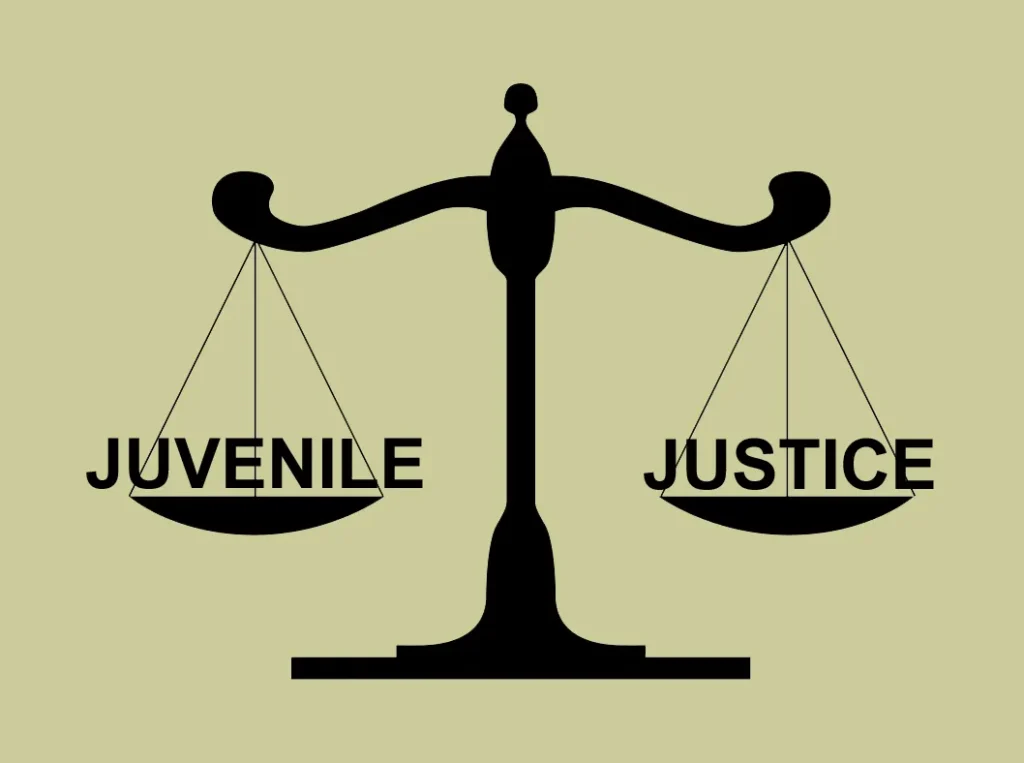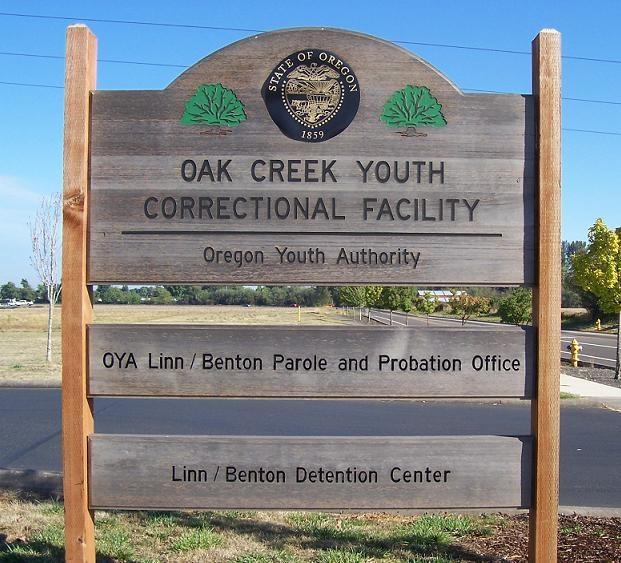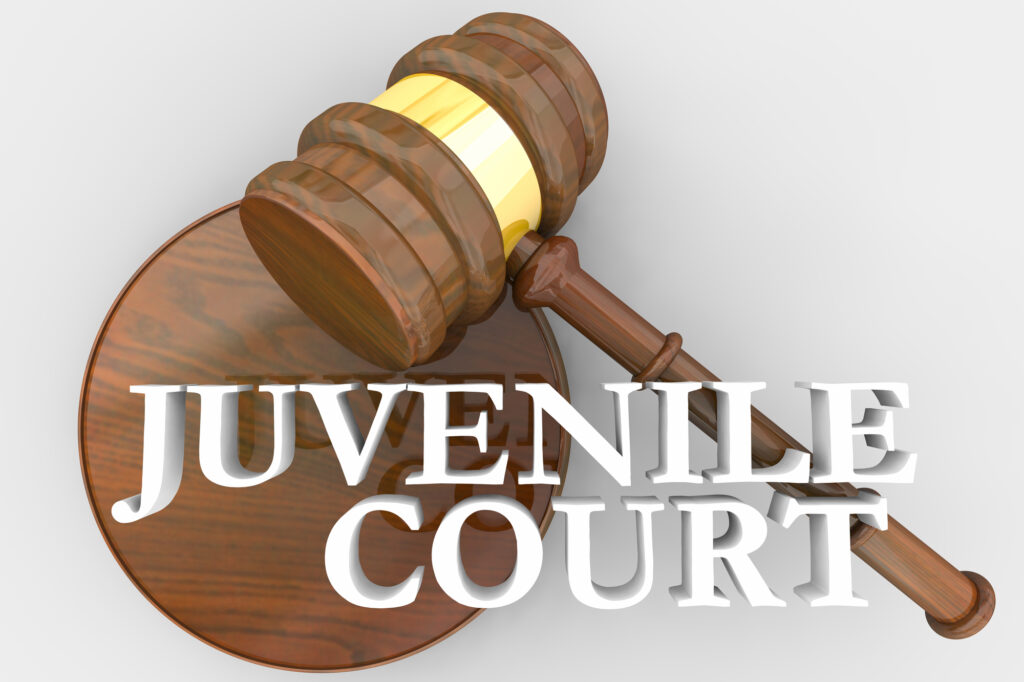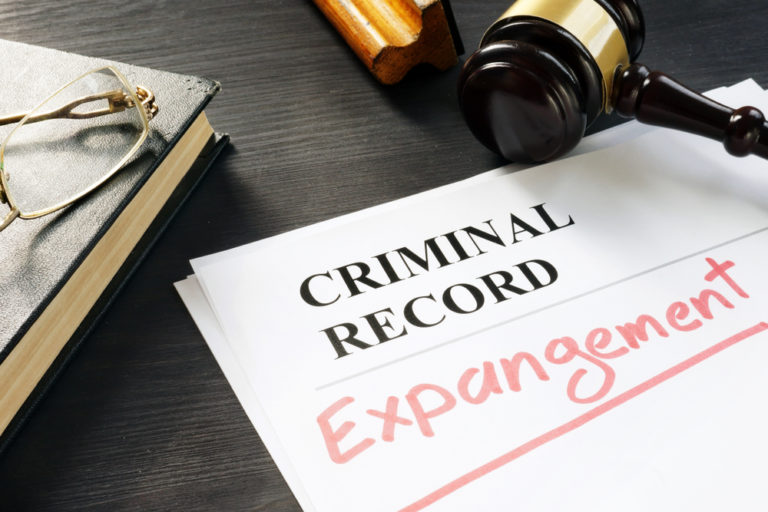What Happens Now?
Juvenile Justice System
The juvenile justice system refers to the laws that govern juveniles, which refers to persons who are under the age of 18. While there may be some similarities, the juvenile justice system differs from the adult criminal system. The juvenile system emphasizes increasing public safety, by holding the youth accountable for their actions, while repairing any harm that has been caused through education, coaching, and community partnerships. If your child has been contacted by the police, they will not be treated exactly the same as an adult. The terms used in juvenile court also differ from those of the adult court.

| Juvenile Term | Similar Adult Term |
| Adjudicated | Convicted / Guilty |
| Detention | Jail |
| Disposition | Sentencing |
| Hearing | Trial |
| Petition | Information/Indictment |
| Preliminary Hearing | Arraignment |
| Protective custody | Arrested |
| Youth Correctional Facility | Prison |
PARENT/GUARDIAN ROLE:

Youth are very reliant on the support of family members, and those members can have a large impact on their choices. Your cooperation with the Juvenile Counselor can have a powerful impact on the youth’s success. The Juvenile Department staff rely on your input greatly through this process.
CASE PROCESSING:
After an incident where a youth may have committed a crime, a citation or report will be written and submitted to the Juvenile Department and one of the following may happen:
- Release the youth to the parent or guardian
- Placement of the youth in a shelter care facility
- Take the youth into custody and transport them to the Linn-Benton Juvenile Detention Center
Within five business days of the Juvenile Department receiving the referral, your child will be assigned to a Juvenile Court Counselor and a meeting will be scheduled for you and your child. Your counselor will be able to explain the process and assist you with understanding your options and rights.
If the youth is taken into custody and detained, a Juvenile Court Counselor will be assigned and they will have an initial court hearing with an attorney present, either appointed to them by the Court or retained by the youth’s family. During the hearing, a judge will decide if a youth will remain in detention pending a subsequent hearing or be released, and if released, under what conditions. The court process itself has many different components and the length of the process can vary. Your counselor and/or attorney will clarify the direction of the case.
RIGHT TO AN ATTORNEY:
During any phase in the juvenile justice process, your child has the right to have an attorney represent them, at their own expense, or at the expense of their parents. Under certain circumstances, your child may qualify for a court appointed attorney. Parents are not entitled to a court appointed attorney and must hire one at their own expense if they wish to be represented. It is important for parents to understand that any attorney whether hired, or appointed to represent their child, will act in the child’s best interests and does not represent the parents.
RELEASE OF INFORMATION:
Oregon Revised Statutes do not allow Juvenile Departments to release police reports to parents or guardians. Police reports may only be released to an attorney representing your child.
DETENTION:
A judge or the court’s designee can authorize a placement into the Linn-Benton Juvenile Detention Center. Juvenile detention is a short-term confinement; primarily used after a youth has been arrested, but before a court has determined the youth’s innocence or guilt. Pretrial detention is appropriate only when a court believes a youth to be at risk of committing crimes or fleeing during court processing.

INFORMAL SUPERVISION:
Your child may be place on a Formal Accountability Agreement (FAA). An FAA is an agreement between the Juvenile Department and the youth that does not involve the court. The FAA may include but is not limited to drug and alcohol screening and referrals, work crew hours of service, or paying of restitution to victims. The FAA is tailored to the needs of the youth and encourages youth to take responsibility for their actions and make amends for their mistakes. FAA’s have shown effective in reducing recidivism rates among youth. An informal agreement with the juvenile probation officer has a maximum supervision period of 18 months.
FORMAL PROBATION:
Probation is a legal status that is imposed upon on your child by a judge. It is a form of community supervision that may include reporting to a supervisory counselor, testing for drug use, paying a victim restitution, participating in a restorative program, home detention unit (HDU) or other conditions. A judge can impose a maximum probation term of five years that shall not extend beyond the youth’s 23rd birthday, however, the actual length of time spent on probation will depend on the seriousness of the offense, the level of supervision needed, and the youth’s compliance while on probation.
COURTROOM CONDUCT:

- Conversations must be kept to a minimum and in hushed tones.
- Attire must be neat, clean, and conservative. Shorts, hats, and flip flops may NOT be worn in the courtroom.
- Chewing gum, food, and drinks are not allowed in the courtroom.
- Address the judge as “Your Honor” and try to make a positive impression on the court.
- Remain standing unless the judge gives you specific permission to sit down.
RECORD EXPUNCTION:
A youth may apply for an expunction of their formal juvenile court record if five years have passed since their last police contact or juvenile court termination (end of probation). The Juvenile Department will initiate the expunction process for a youth who was on informal supervision when they turn age 18. When their supervision is terminated, whether formal or informal, all youth are provided a closing letter further explaining this process.

